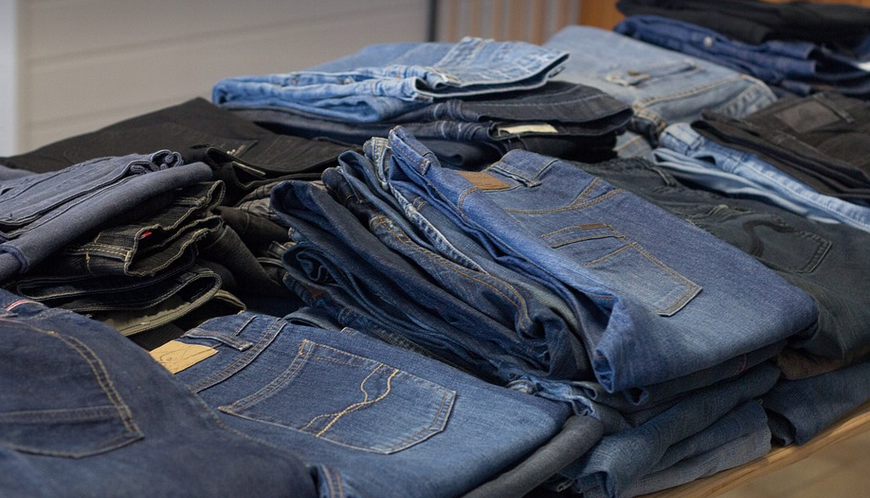What Makes Them Necessary?
Getting your hands dirty with a tow rope is an unavoidable part of towing vehicles, especially when dealing with large and heavy loads. Whether you’re recovering a flatbed or helping someone get their car out of a ditch, those ropes can be quite rough and unforgiving on bare hands. That’s where gloves designed specifically for tow ropes come in – they offer crucial protection against chafing, abrasions, and other potential injuries.
Towing involves intense physical exertion, making your hands more susceptible to the elements while you’re grappling with heavy objects and moving them around. The constant pulling, tugging, and tightening of ropes can lead to painful chafing or even cuts on your fingers and palms, especially when dealing with rough surfaces.
Tow rope gloves aren’t just about protecting your hands; they give you essential grip and leverage as well. The added thickness and unique material composition often provide a firmer hold on the rope, reducing the risk of slippage and making your control over the tow more precise.
Think of it this way. Imagine working with a sharp, jagged knife without gloves – that’s how difficult it can be to safely handle heavy ropes without proper protection. Gloves are designed to smooth the process so you can focus on getting the job done efficiently and safely.
Types and Features
Tow rope gloves come in various styles and materials, each offering unique characteristics for different working environments.
**Leather Gloves:** Leather is a classic choice for tow rope gloves. They provide excellent durability and tear resistance, allowing them to withstand the wear and tear of heavy use. However, leather can be bulky and sometimes feel stiff, potentially hindering your dexterity in tight spaces.
**Synthetic Rubber Gloves:** These gloves offer good grip and protection with a lighter weight compared to leather options. They’re generally more affordable than leather gloves too. But they may not be as resistant to abrasion as high-quality leather.
**Fabric Gloves:** These are lightweight and breathable, making them suitable for warm weather or when you need extra dexterity. However, their durability might be limited compared to other materials, especially in extreme conditions.
**Features like Reinforced Palms and Fingers:** Many gloves feature reinforced palm and finger patches to add extra protection against abrasion and impact from the rope. These areas are often subjected to more wear and tear.
**Wrist Straps and Loops:** Some tow rope glove designs include wrist straps or loops that keep the glove securely in place, preventing it from slipping off during intense movements like pulling or tugging.
**Fingerless Design:** This design offers flexibility while still protecting your hands. It can be beneficial for tasks requiring more dexterity and control of small ropes or parts. But the fingerless option might not offer adequate protection against cuts and abrasions on larger ropes, especially when they are rough.
Choosing The Right Gloves
When choosing tow rope gloves, consider these factors to find the perfect fit for your needs:
**Type of Work:** Do you deal with heavy-duty towing or lighter tasks? This will help you select a glove that offers the right level of protection and dexterity.
**Weather Conditions:** If you’re working in extreme weather, ensure your gloves provide adequate warmth and resistance to water or moisture.
**Grip Level:** Opt for gloves with a textured grip for optimal control over the rope and reduced slippage.
**Protection Needs:** The level of protection required varies depending on the severity of the work you’ll be doing, but consider adding reinforcement to areas like the palm or fingertips if heavy-duty towing is involved.
**Comfort and Fit:** Don’t settle for gloves that restrict your movement. Choose a glove that fits comfortably and allows for easy grip and control over the rope.
**Durability and Longevity:** Look for gloves made from high-quality materials that can withstand repeated use and offer long-lasting performance.
Safety First: Gloves Are Not a Replacement For Proper Technique
While tow rope gloves provide essential protection, remember that they are not a replacement for proper technique and caution. Always prioritize your safety and learn to handle ropes properly before using any type of glove. Always use the right equipment and tools for the task at hand, and ensure all necessary safety measures are in place before engaging in heavy towing or maneuvering.
**Proper Techniques:** Ensure you’re using the proper techniques for towing to minimize stress on your hands and prevent injuries. Practice these techniques regularly while working with ropes in controlled environments.
Conclusion
Tow rope gloves are an essential safety tool for anyone involved in heavy hauling or recovery work. They can significantly reduce the risk of injuries and make your job easier, more comfortable, and safer.
Always choose the right type of glove based on your specific needs and working environment.
As you use tow rope gloves, remember that they are a vital part of responsible towing practices. By combining proper technique with appropriate gear, you can ensure a safe and successful experience every time you handle heavy ropes.
